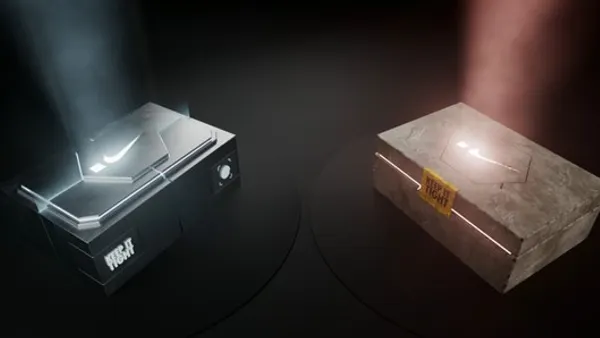Dive Brief:
-
Gap Inc. on Tuesday announced that its Banana Republic brand has partnered with Spanish denim mill Tejidos Royo to use its waterless, indigo foam-dyeing process dubbed Dry Indigo.
-
The process reduces water use by up to 99% and energy consumption by 65%, while also using 89% fewer chemicals than traditional denim dyeing methods, according to a company press release.
-
Kontoor Brands' Wrangler jeans was the first to sign up for the process, which was developed by Royo and North Carolina-based Indigo Mill Designs and Gaston College Textile Technology Center.
Dive Insight:
The apparel industry is one of the most problematic for the planet, and denim, because of its high level of water consumption and the heavy chemical use in dyeing and other processes, is among the worst.
The segment is doing its best to remedy that, along with making improvements even deeper into the supply and manufacturing chains, with initiatives, for example, to partner with farms that sustainably produce cotton and treat workers well. Earlier this month, Gap Inc. announced a program with Indian denim mill Arvind to construct a new water treatment facility that will replace 100% of its freshwater use with reclaimed water.
Also earlier this month, Gap Inc. said it will source 100% of its cotton from sustainable sources by 2025. That will include procuring cotton through the Better Cotton Initiative (BCI) verified as organic, recycled and American or Australian grown. Gap Inc. CEO Art Peck recently also announced that Old Navy, Gap and Banana Republic will use denim with 5% post-consumer mechanically-recycled cotton content, beginning with Gap and Old Navy in the upcoming holiday period and Banana Republic in spring 2020, according to the release.
Royo Sales Director Jose Rafael Royo Ballesteros told Retail Dive earlier this year that it took the mill and its partners in the foam dyeing project a decade to get the process ready for market, but it's the level of research and dedication that is essential for the industry and the environment.
"Now we need to pay for the last ten years investigation, but I assure you, sustainable denim is going to be better in all the ways," he said in an email. "Sustainability is a question of better practices, and in a lot of cases, by reducing processes or chemicals, we all should win. If a company does not invest every year in making the process better and more sustainable, it is a question of 'wanting', not 'impossible to reach.' Re-invent what you know and how you do it, and you will great results. For customers and the planet."














